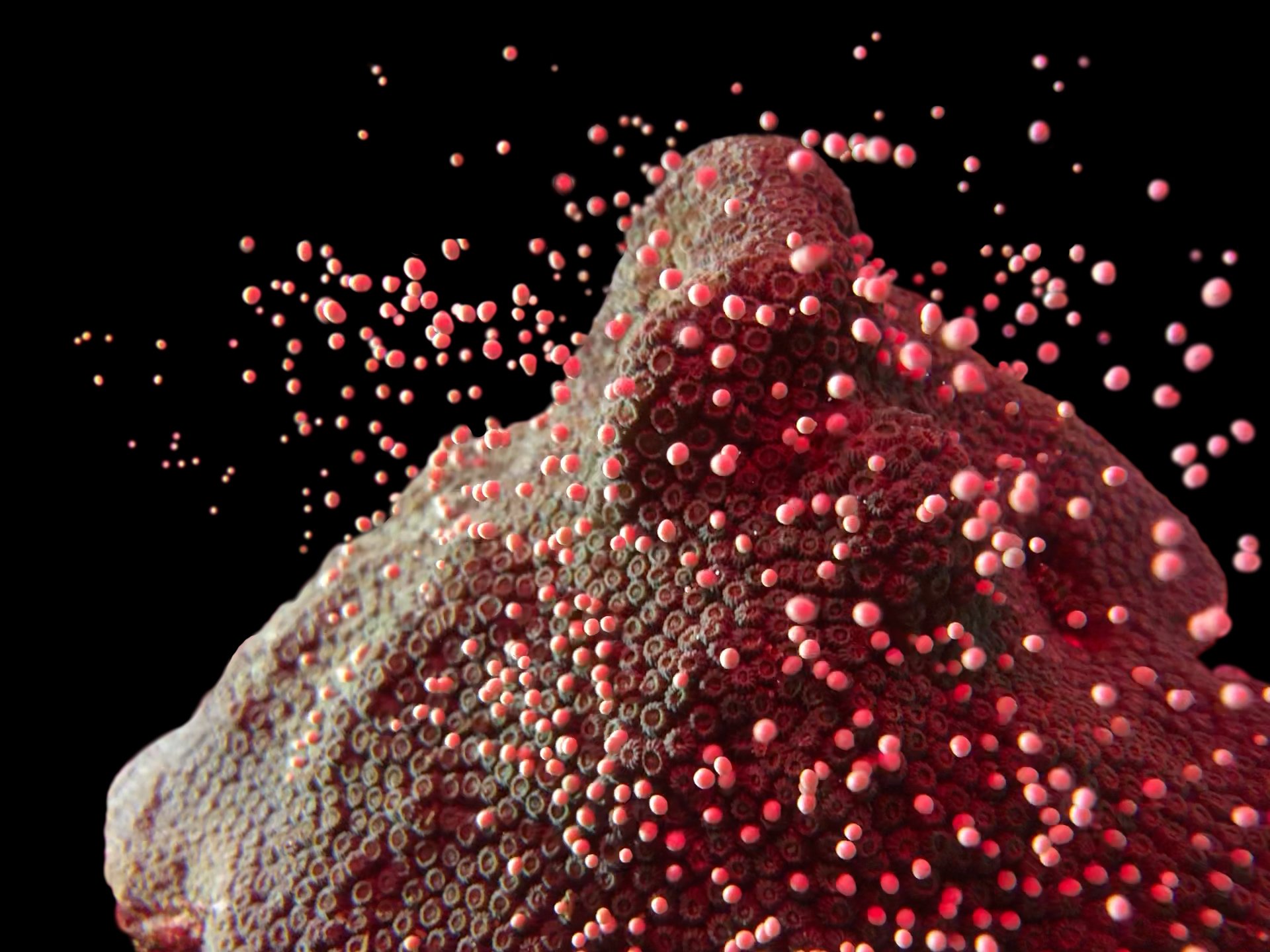Interdisciplinary Research: Corals, Climate Change, and Genetic Engineering
My colleagues in the department of biology at UNCW, Jacob Warner and Nicole Fogarty, have recently pioneered molecular techniques to genetically modify corals for the first time. These techniques open new avenues for research into not only the biology of corals but also the possibility of genetically engineering corals to withstand the new pressures imposed by global warming.
Though discussions regarding the risks associated with genetically engineering organisms have been occurring for decades, the use of these technologies to combat climate change is fairly recent. Genetically engineering corals also adds the complexity of thinking through the issues of introducing transgenic organisms in marine environments.
In a new $1.5 million dollar international grant funded by The Coral Research and Development Accelerator Platform (CORDAP), we, along with Cecilia Conaco and Michael Atrigenio at the University of Philippines, will explore the development of these new coral technologies, and also think through the risks and challenges that such new genetically modified organisms would present.
As a historian of biotechnology, I will be leveraging the long-standing discussions about genetically modified organisms and the policies we have created around them over the past 50 years to elucidate what issues we need to consider around these emerging technologies.
You can read more about this work here and at the CORDAP website.
From left to right, Jacob Warner, Nathan Crowe and Nicole Fogarty.
“Over two-thirds of the world’s coral reefs have been lost due to human activity, and the remaining 70% to 90% of global coral reefs may disappear in the next 10-15 years.”


